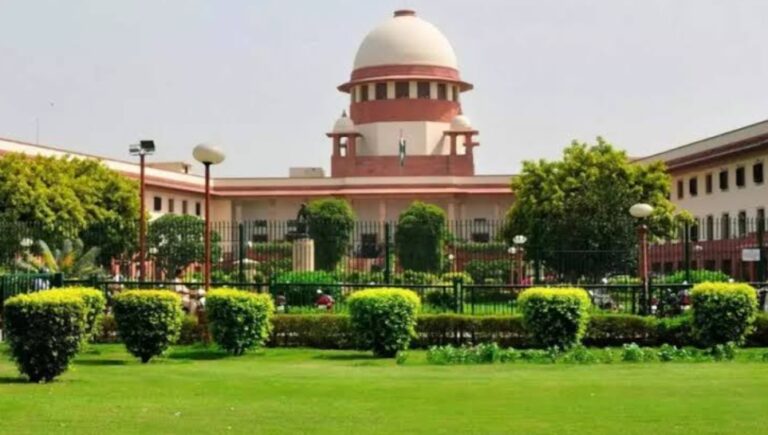The Supreme Court raised questions about the ambiguity surrounding section 69 of the GST Act, particularly concerning the powers of arrest.
In a significant development, the Supreme Court has directed the Centre to provide detailed information regarding the issuance of notices and arrests made under the Goods and Services Tax (GST) Act. The apex court expressed concerns over potential harassment of citizens and emphasized the need to interpret the law to safeguard individual liberty.
A special bench of the supreme court comprising Justices Sanjeev Khanna, MM Sundresh, and Bela M Trivedi, currently hearing a batch of 281 petitions challenging various provisions of the GST Act, Customs Act, and the Prevention of Money Laundering Act (PMLA), raised questions about the ambiguity surrounding section 69 of the GST Act, particularly concerning the powers of arrest.
The bench emphasized its commitment to ensuring citizen rights, stating its readiness to interpret the law to strengthen individual liberties and prevent harassment. It instructed the Centre to furnish data on notices issued and arrests made under the GST Act for alleged defaults ranging from Rs 1 crore to Rs 5 crore over the past three years.
Senior advocate Siddharth Luthra, representing some petitioners, raised concerns about the misuse of authorities’ powers under the GST regime, highlighting instances where individuals faced harassment through notices threatening arrest, without actual arrests being made.
Luthra stressed that according to the GST Act, arrest should follow adjudication of the amount due and payable by a taxpayer. He posed the question of whether individual liberty can be restricted under section 69 until assessment and quantification of the amount owed.
Additional Solicitor General SV Raju, representing the Centre, agreed to gather data on notices and arrests under the central GST Act, although compiling similar information for states might pose challenges.
The supreme court bench reiterated its demand for comprehensive data, suggesting that the GST Council should possess such information. It also indicated a need to distinguish between cases of fraud and unintentional lapses.
Furthermore, the bench expressed intent to address the issue of providing written grounds for arrest to individuals, noting that merely informing them of the reasons might not suffice in terms of natural justice principles. Drawing parallels with provisions in the Prevention of Money Laundering Act, the bench suggested a similar requirement for the GST Act to enable individuals to challenge their detention or seek remand.
The Additional Solicitor General assured the bench of addressing their queries when the matter resumes on May 9.
This directive from the Supreme Court underscores the importance of protecting individual liberties and ensuring fair implementation of tax laws under the GST regime.
Also Read: GST Collection in April 2024 Sees Record-Breaking Highest at ₹2.10 Lakh Crore
Read More
CBIC Introduces Common Bank Audit Plan for GST Officers: All You Want to Know
SEZ Unit Exempt from IGST on Specified DTA Services: A Game-Changing AAR Ruling
